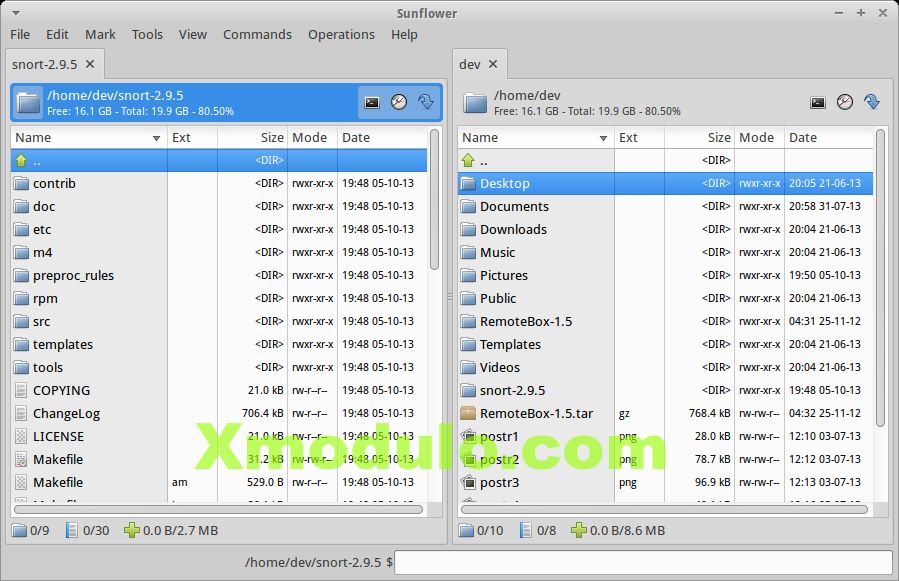

These associations are saved in the mimeapps.list and defaults.list files, which should be used by other applications (and obviously by mimeo itself). This can be used to associate mimetypes (using direct matching, globbing or regexes) with desktop files. Last edited by spurious_access ( 21:26:22) I ended up just using Thunar to manage the default applications, as the way it handles this configuration is by reading/modifying the users mimeapps.list file which is exactly what I was looking for. As far as an easy way to make changes to mimeapps/default.list configuration, some have suggested using mimeo which (from what I can tell) offers similar functionality to xdg-mime, which is still a bit more work than I was looking for. I'm not sure why originally muCommander didn't want to open some of the files I tried, it could be that the ones I was testing didn't have any applications installed to handle them or something. desktop file? Or anything easier then setting this all up manually using the mimeapps.list file or the "xdg-mime default" command? Is there an easier way to set the default applications or generate a pre-populated mimeapps.list, or maybe a way to just accept all the supported mime types for a given. I've now added a few file types using xdg-mime but that's going to be a real pain if I have to do that for every mime type that every application supports. However, I've noticed that there is no mimeapps.list generated by default, so my file manager (mucommander) doesn't know what to do with files if I tell it to open them. I've decided to go more lightweight this time around so instead of using a DE I'm just using an OpenBox standalone setup.


 0 kommentar(er)
0 kommentar(er)
